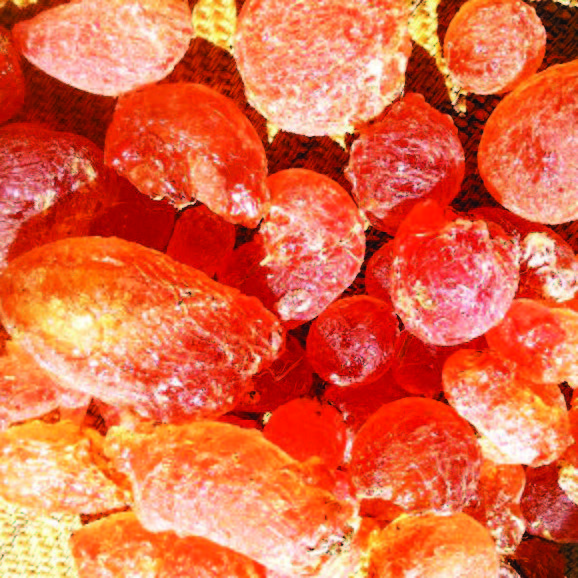A shrub with beautiful red flowers. It can be grown as an ornamental plant or as an agricultural product. After the flowers are dried they have a crimson or deep magenta color. Roselle can be consumed both hot and cold with sugar it has a sour and tart taste. Roselle’s infusion is rich in vitamin C, good for lowering high blood pressure, increases blood circulation helps strengthening the heart and kill microbes, which makes it useful in treating fevers and microbes infection because its acid helps in digestion.
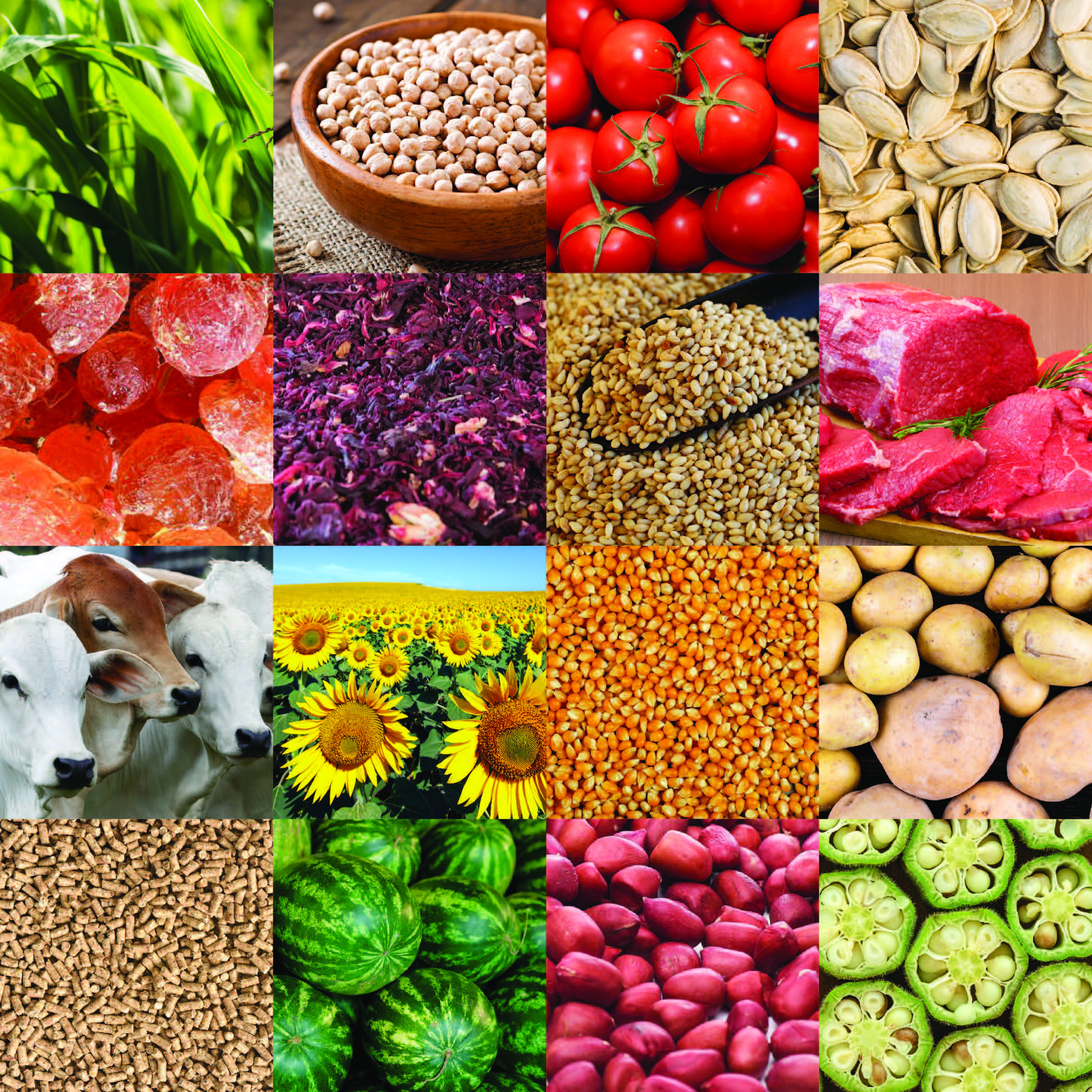
Grains and Forest Products
Our company exports a wide variety of high-quality Sudanese agricultural crops to more than ten countries around the world. These products include red and white sesame, peanuts, corn, kebkabi (chickpeas), lentils, and watermelon seeds.

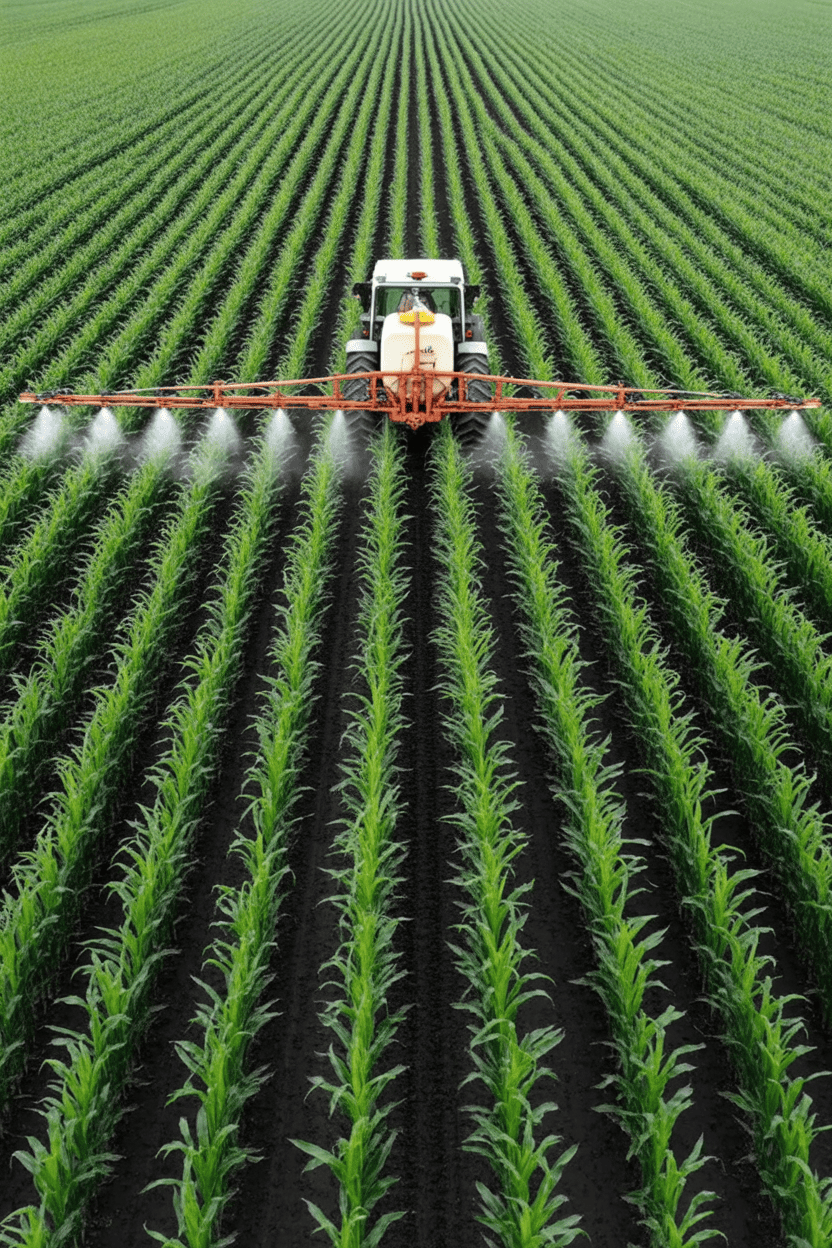
Company Background
Algam Multi-Activities Company is a prominent Sudanese export company with a distinguished track record in the agricultural and livestock sector. The company has built strong capabilities in sourcing, processing, packaging, and exporting a wide range of high-quality agricultural and animal-based products to global markets including the Middle East, Asia, and North Africa.
With deep-rooted relationships with local farmers, livestock providers, and Sudanese agricultural cooperatives, Algam ensures ethical sourcing, consistent quality, and timely fulfillment of international orders. Its integrated supply chain model allows for tight quality control, cost efficiency, and regulatory compliance at all stages of the export process.
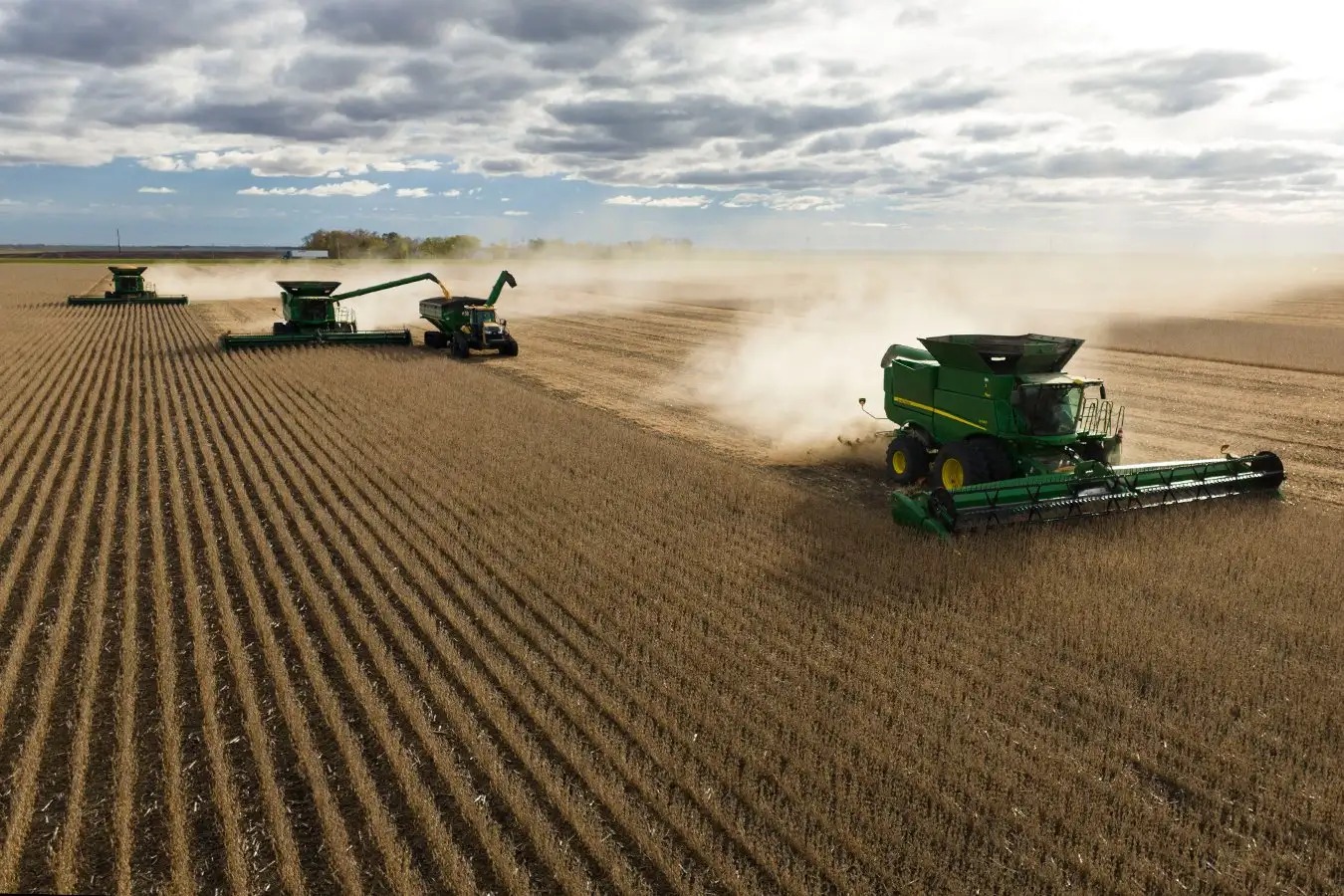
Sesame
Sesame is a flowering plant cultivated for its edible seeds. In 2018, around 6.5 million metric tons of sesame were harvested globally. Sudan is among the largest producers, contributing approximately 9% of global sesame production. Known for its rich, nutty flavor, sesame is widely used as a key ingredient in cooking across many cultures. Hulled sesame seeds are especially popular as toppings on baked goods in many countries.
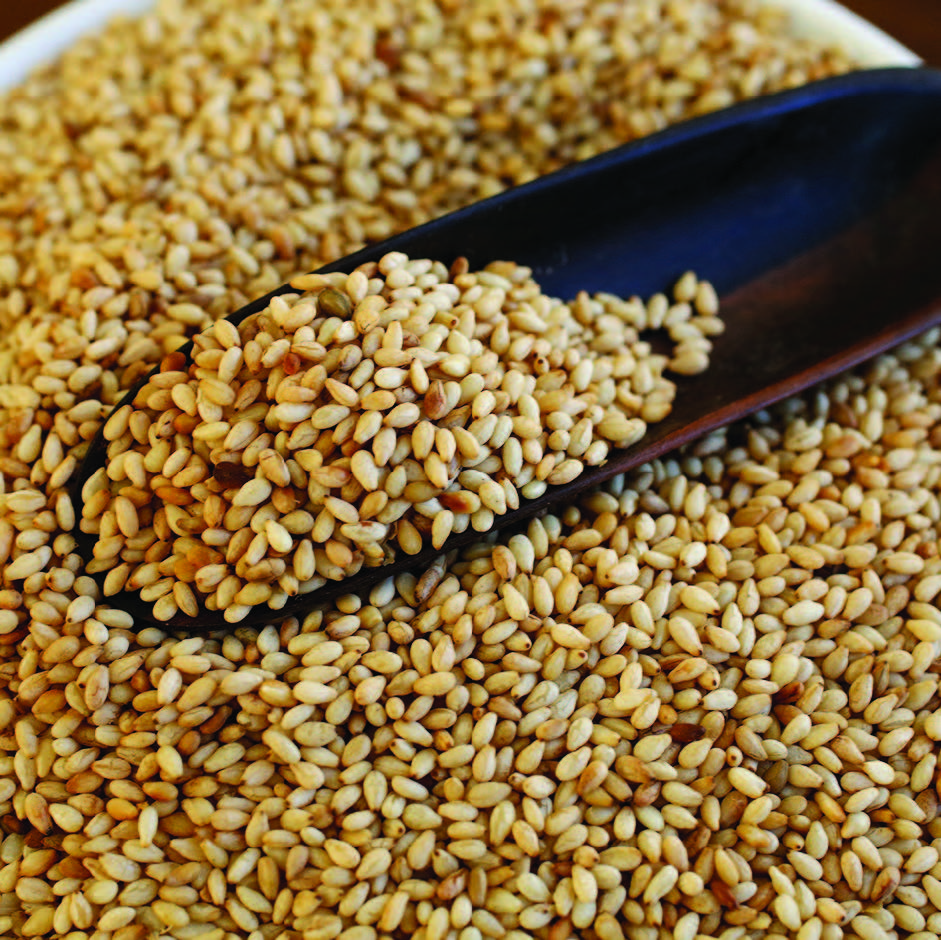
Vision
To build enduring international supply chains that empower producers, respect environmental sustainability, and deliver quality to consumers worldwide.

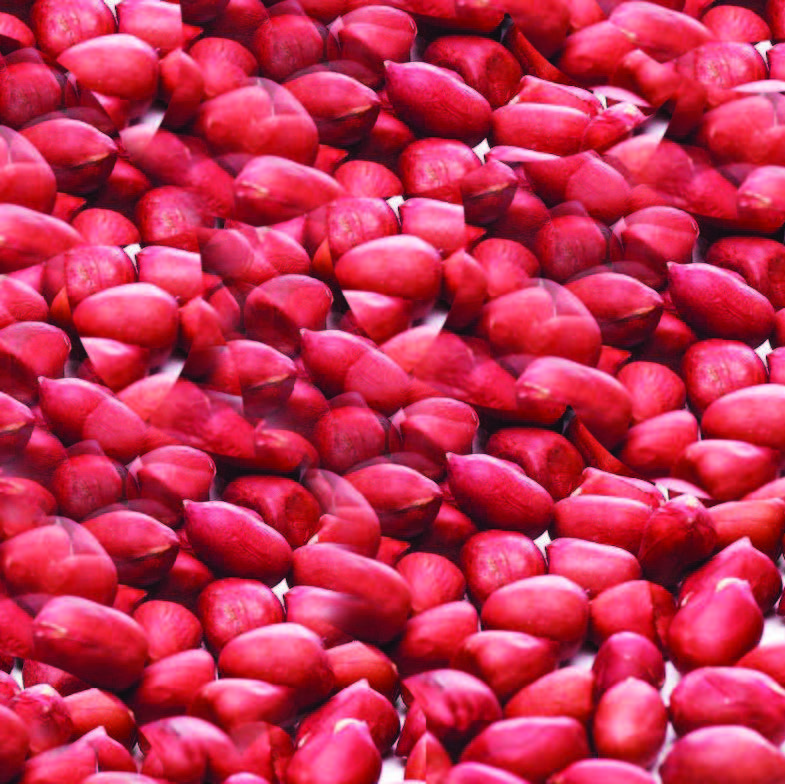
Peanuts
Peanuts are the fruits of a herbaceous plant from the legume (bean) family, typically grown in hot climates. What makes peanuts unique is that their fruit develops underground. Peanut oil, known for its creamy texture, is widely used in cooking. The byproducts of peanut processing — including husks and stems — are also valuable as nutritious livestock feed.
Broom-corn (thin)
Broom-corn (thin) is an important food and forage crop widely used in livestock feeding alongside grains, concentrated feeds, and green fodder. It also plays a key role in silage production. Additionally, it serves as a raw material for extracting starch, cellulose, and alcohol, with some varieties containing high levels of sugar. Broom-corn is cultivated extensively across almost all arable lands in Sudan.
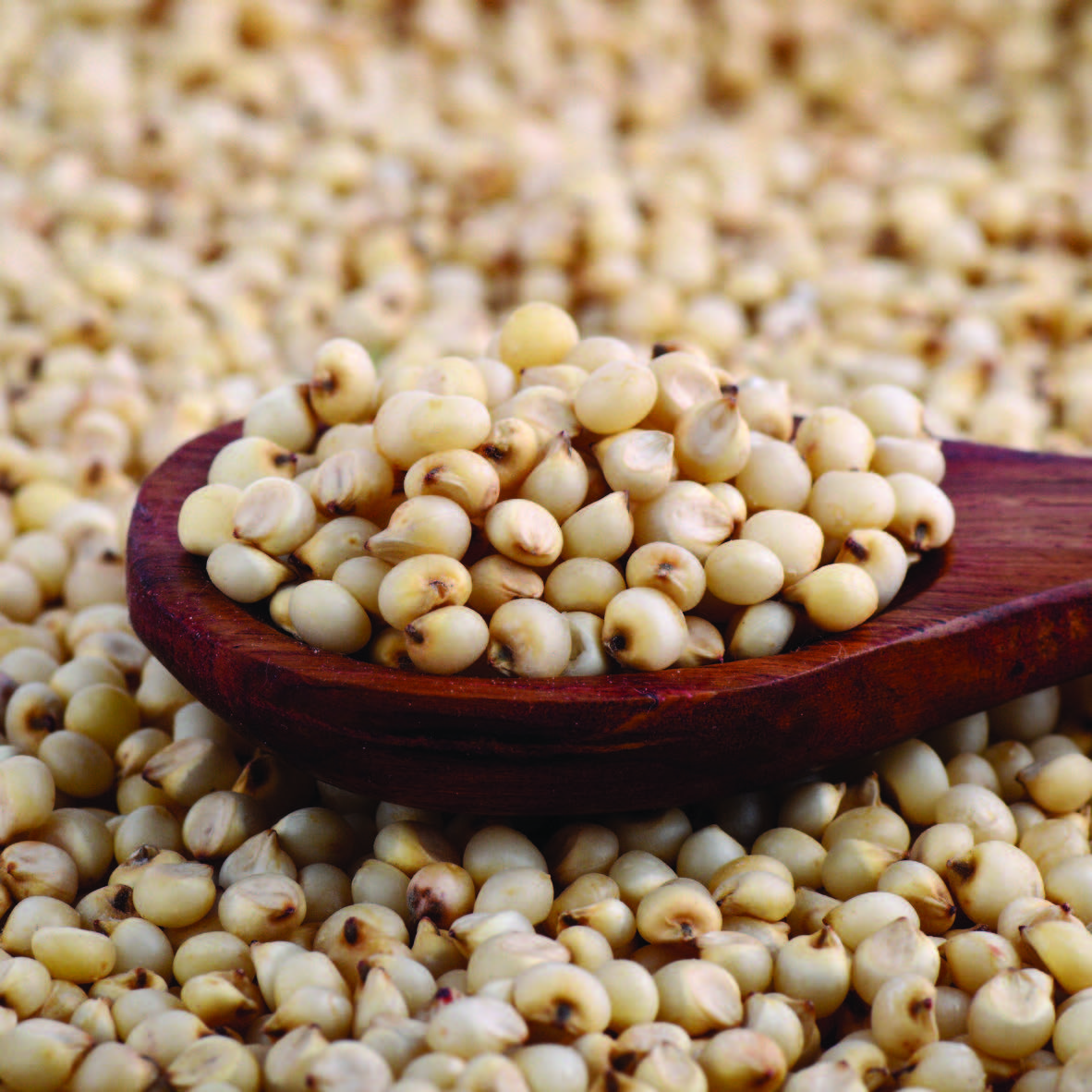
Kebkabi
Kebkabi (chickpeas): Chickpea is one of the legumes originally from the Mediterranean and the Middle East, and Sudan is considered one of the countries that export considerable quantities of it. Among its species produced in Sudan are: Dr Hamid, Atmour, Salwa, Buraiq, and Jabal Marra. It is grown in fields, farms and agricultural projects.
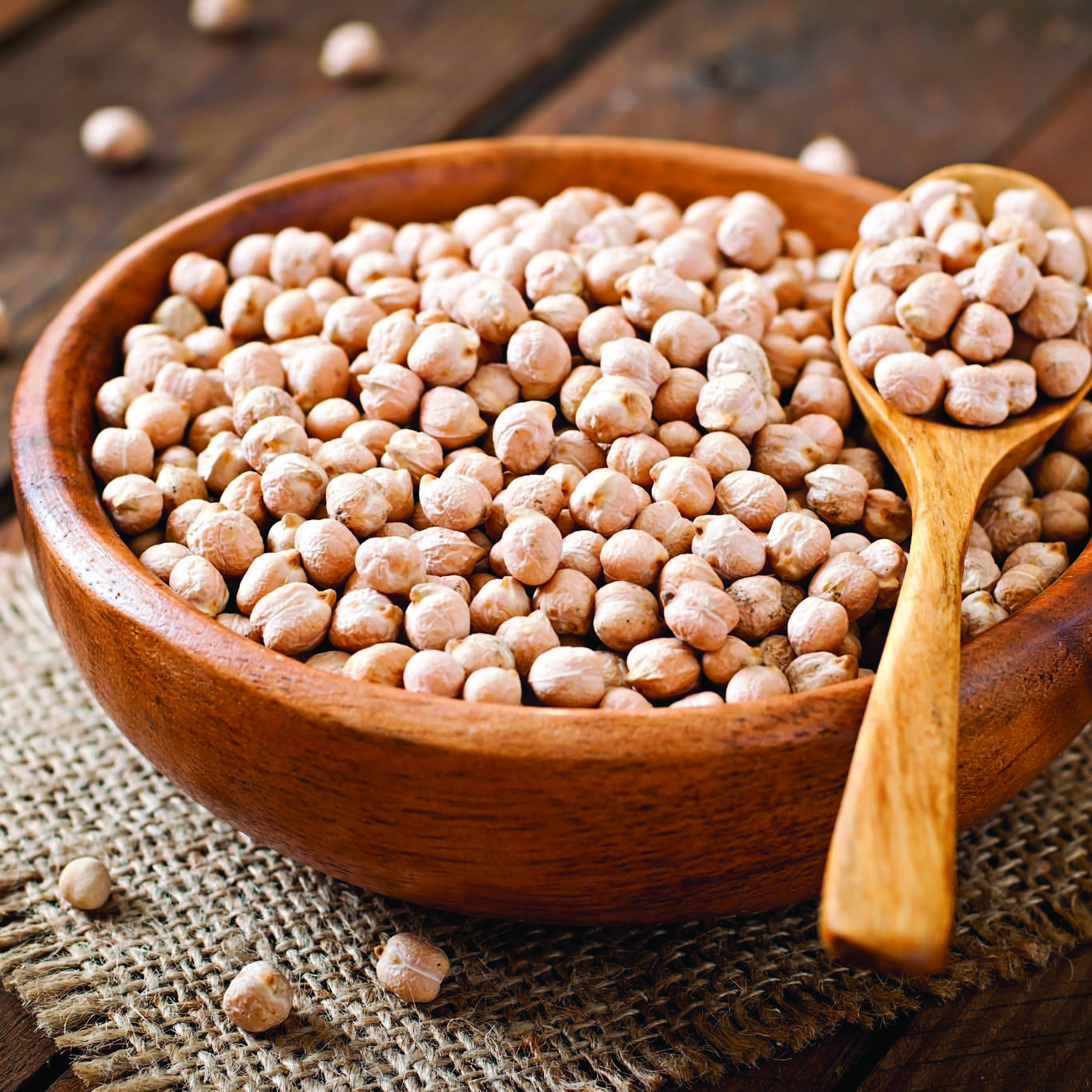
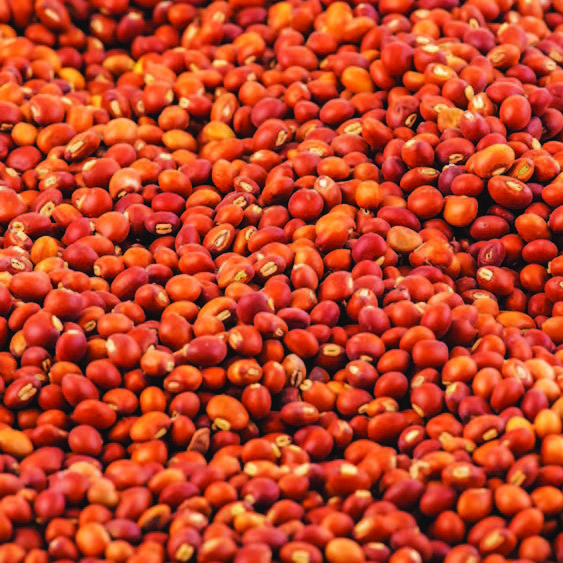
Begun pea
Begun pea is a leafy and fruity vegetable cultivated widely across Sudan. It thrives in heavy clay soils but performs best in soil types that retain moisture. This crop is valued as a nutritious food source, containing a high percentage of iron and other essential nutrients beneficial to human health. Additionally, the begun pea plays an important role in the agricultural cycle and contributes positively to crop rotation and soil health.
Watermelon seeds
It is produced in most of Sudan, but it is mostly grown in the large areas in the states of western Sudan, especially the areas of North and West Kordofan, which %79 of its lands are suitable for cultivation, and %81 of Sudan’s watermelon is grown there.
Watermelon seeds contain many important amino acids that are necessary for some vital processes in the body, such as arginine, lysine and tryptophan.
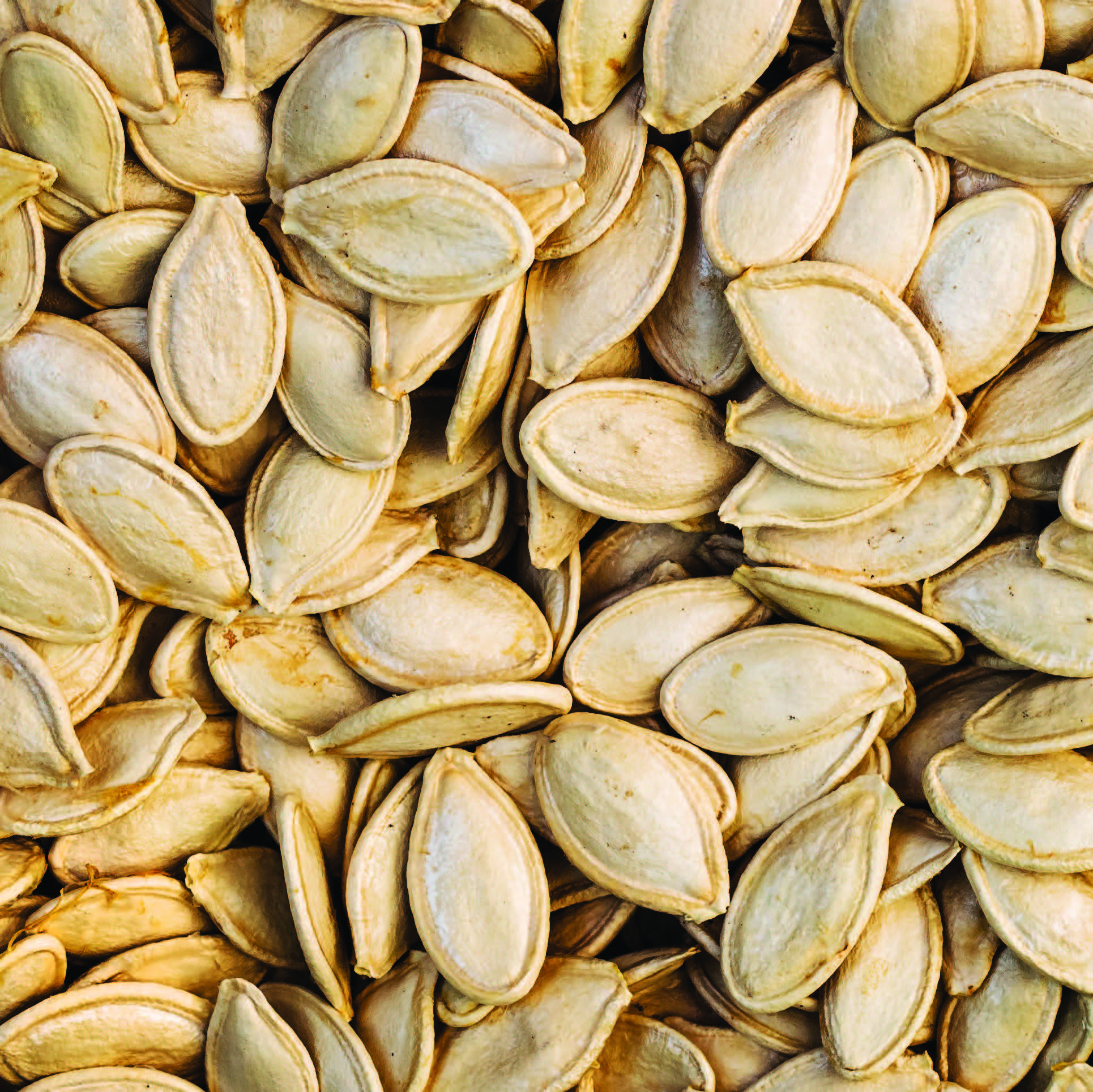
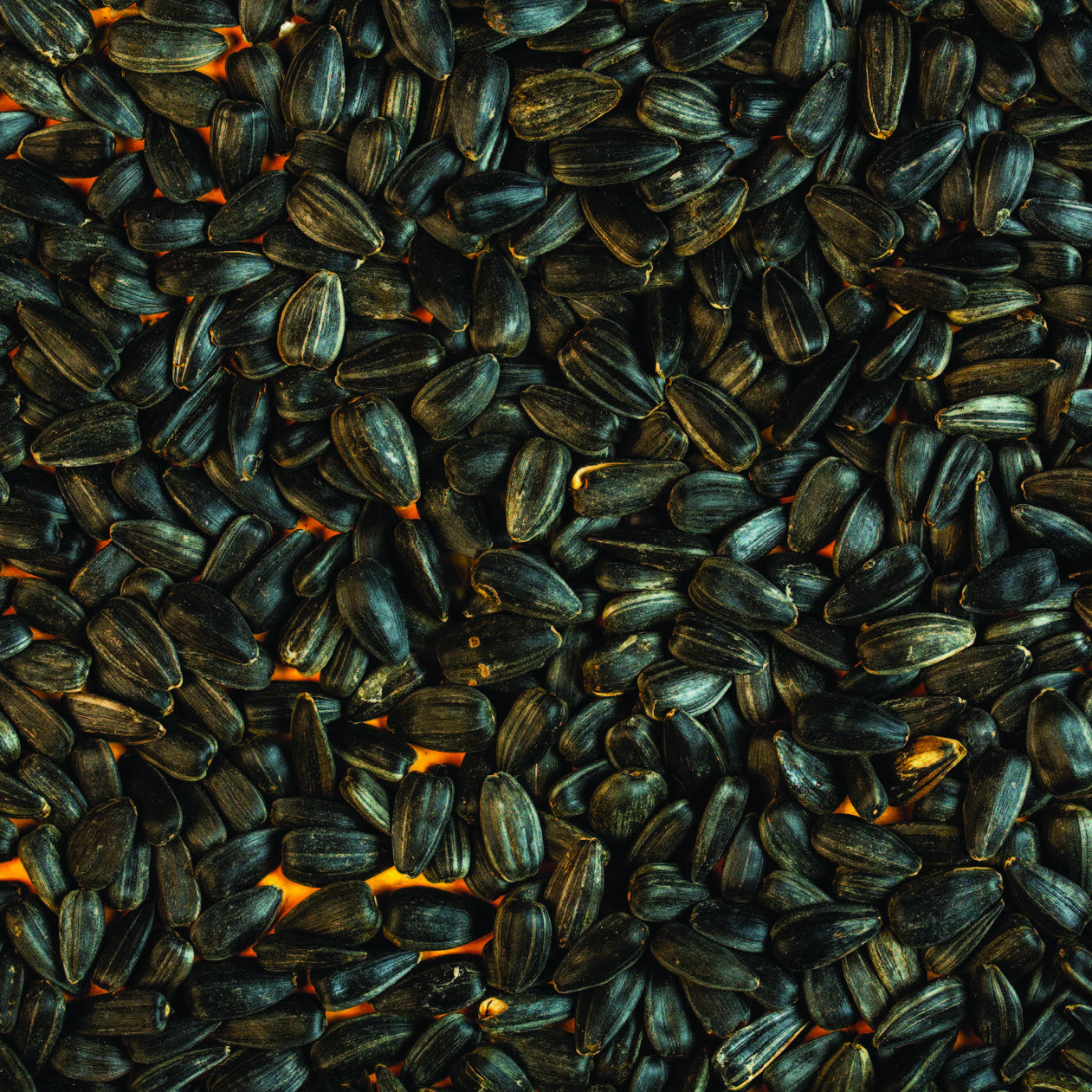
Sunflower
Considered the third most important oil crop in the world. Its leaves are used as fodder to feed livestock and poultry, and the seeds contain oil, which is the most commonly used vegetable oil used around the world. Sunflower oil can be used in making soaps, paints and lubricants.
Sunflower seeds contain glucosides, %55-35 oil, small amounts of fluorine, and vitamins (A) and (B).
Maize
Also known as sweet corn is a plant with high nutritional value. It is the second most important cereal in the world after wheat, followed by rice in the third place. These three grains are considered the main source of energy in the human diet.
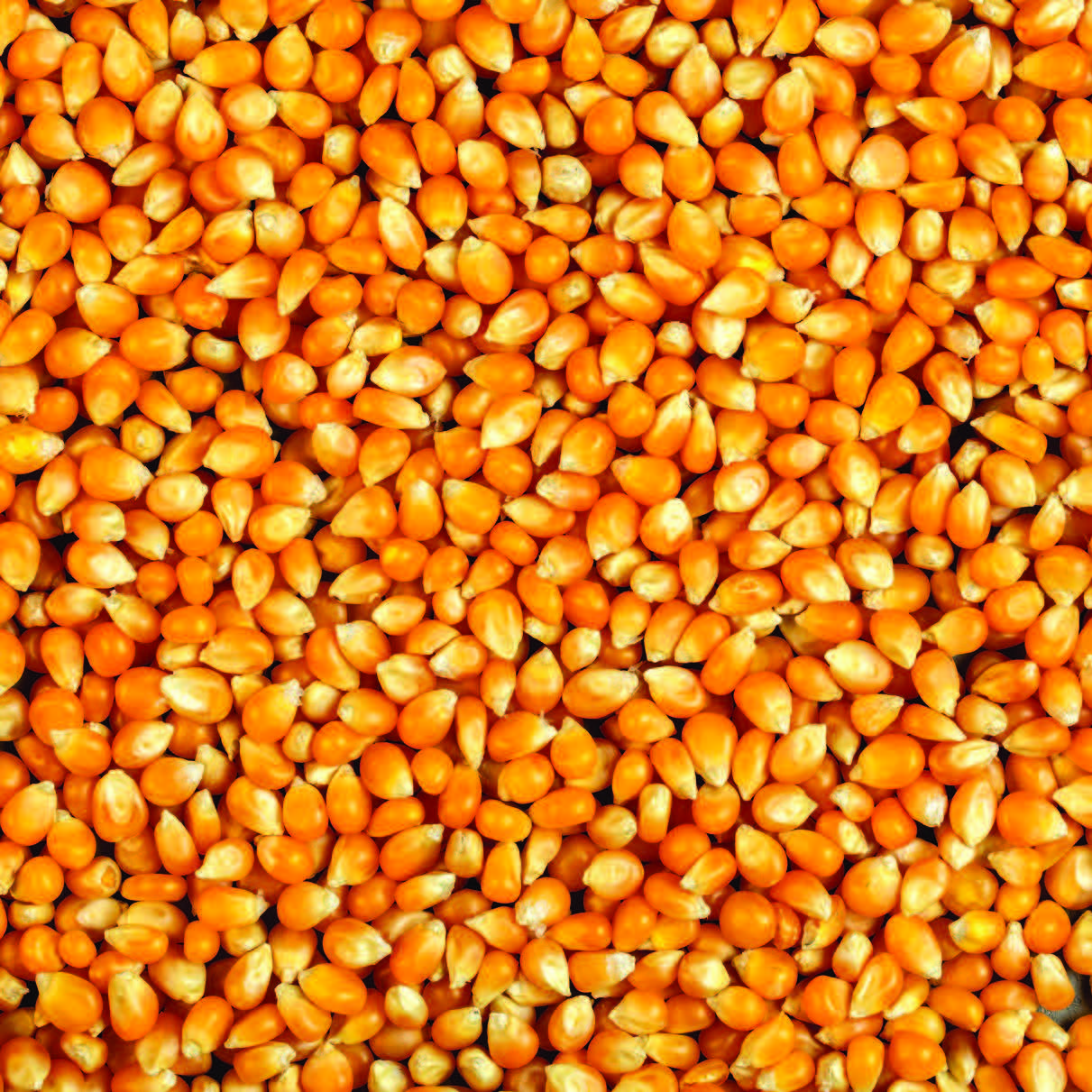
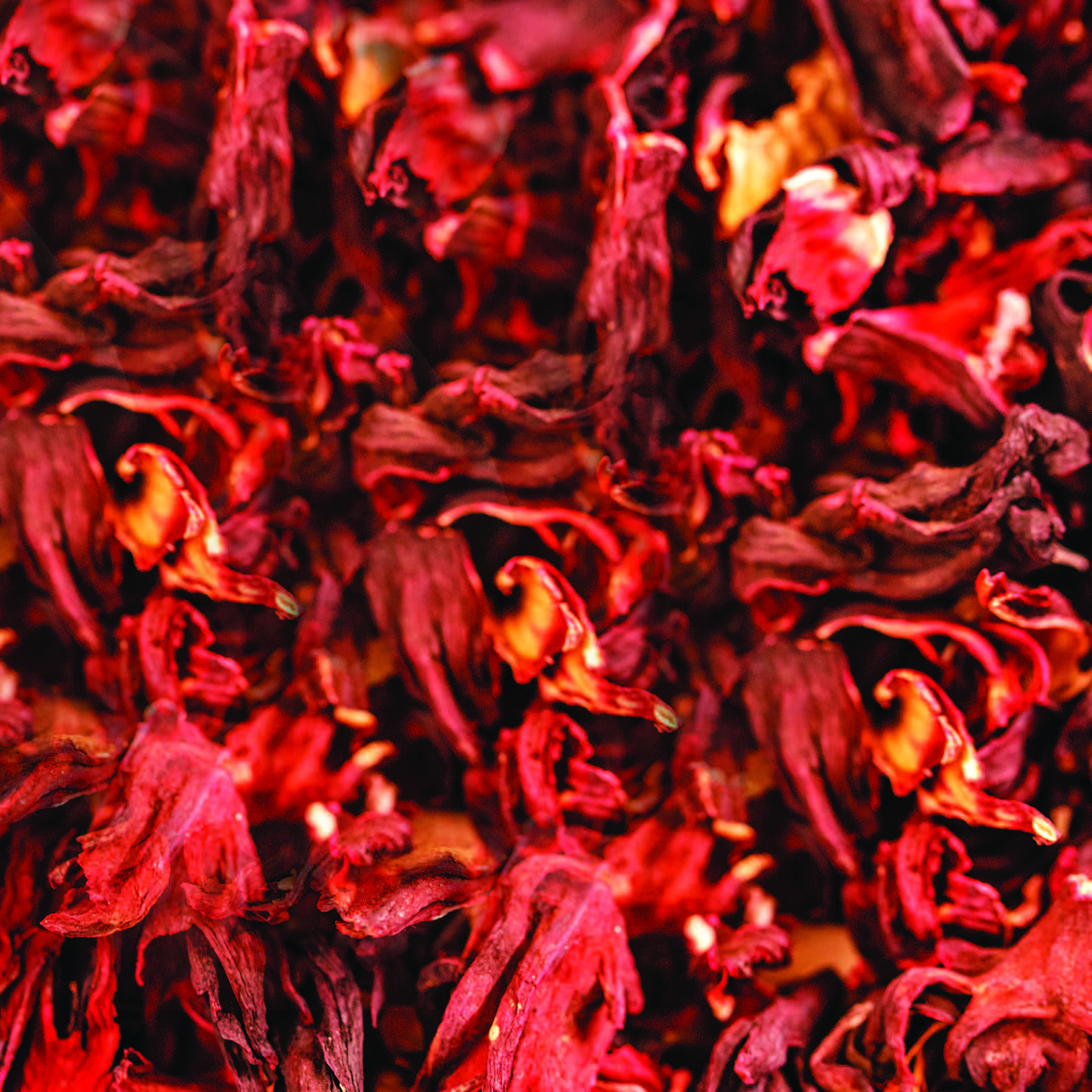
Roselle
Gum Arabic
Gum Arabic: Sudan is the world›s largest source of gum arabic, it is used primarily in the food industry, the cosmetics industry, sweets, colors, shoe polishes and glues.
